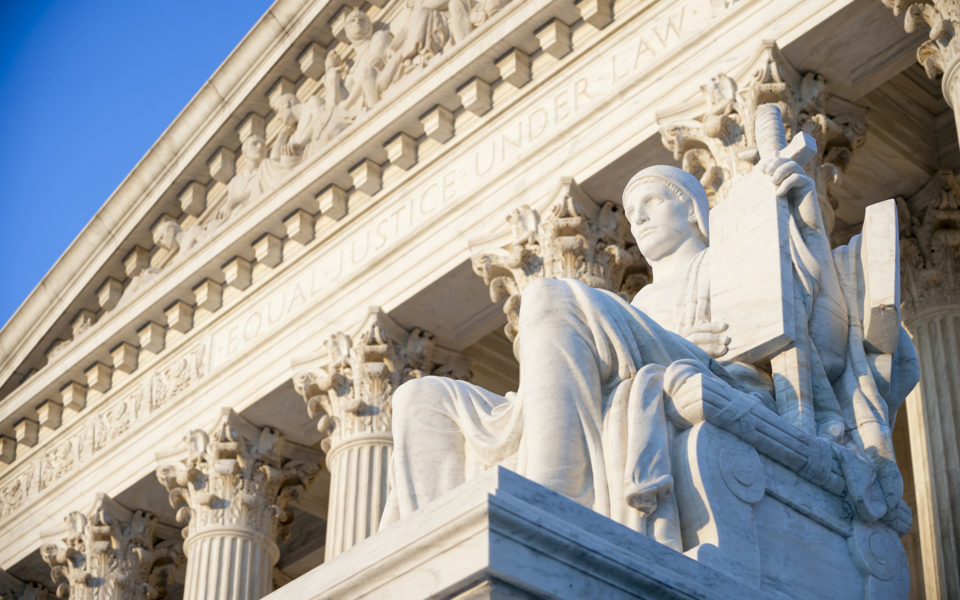Supreme Court Ruling Limits States’ Ability to Tax Non-Resident Trusts

After the Wayfair v. South Dakota decision last year, tax practitioners knew it wouldn’t take long for states to more aggressively tax trusts. On June 21, the Supreme Court issued a unanimous opinion that helps to define boundaries in this regard.
In North Carolina Department of Revenue v. The Kimberley Rice Kaestner 1992 Family Trust, Justice Sonia Sotomayor wrote the Supreme Court’s unanimous opinion in which the Court affirmed all lower courts’ decisions and held for the taxpayer, the Kimberly Rice Kaestner 1992 Family Trust (herein referred to as the Trust).
Essentially, North Carolina attempted to tax the trust on income not distributed citing that its beneficiary lived in North Carolina. The trust wasn’t administered there, the trustee didn’t live there, and because of how the trust document was worded, the beneficiaries of the trust had no right to demand income, nor did they have an expectation of income in the future due to certain contingencies.
The trust filed a due process challenge, which means that the taxing jurisdiction – in this case North Carolina – has to prove that the taxes “bear fiscal relation to protection, opportunities, and benefits given by the state.” (JC Penney Co, 311 U.S. 435, 444 (1940))
The issue is that in general, trusts and the individuals involved in them are separate taxable entities. Even though the beneficiary had a ‘definite link’ to North Carolina, the trust had none as defined by the due process Clause of the 14th Amendment and held in cases like the standard-setting Quill decision.
In order to determine if North Carolina had a definite link and therefore rights to tax the trust under the due process clause, the Court examined factors that included:
- Who has practical control over the assets? In other words, what are the trustee’s powers as outlined by the trust document? Can they make investment decisions on behalf of the trust? Can they decide what and when income or trust assets are distributed?
- Where is the person (or entity) with control over the assets located?
- Where is/was the person who set up the trust located?
- Who has ownership of the assets? In other words, can the beneficiary request payment at any time? Are they to get all the income from in defined intervals? In this case, the beneficiaries had no powers and no guarantee of income, so they had no actual ownership, even though they were the trust was organized for their benefit.
It should be noted that this ruling is not a free pass from state taxation on trust income. The majority opinion states that “The Court has decided that States may tax trust income that is actually distributed to an in-state beneficiary. In those circumstances, the beneficiary ‘own[s] and enjoy[s]’ an interest in the trust property, and the state can exact a tax in exchange for offering the beneficiary protection.”
The bottom line: Anything distributed to the beneficiaries of the trust while they live in a state is taxable in that state even if the trust isn’t taxable in that state.
Do you have questions about the Supreme Court’s decision or other tax-related issues? Please contact your Marcum representative.





